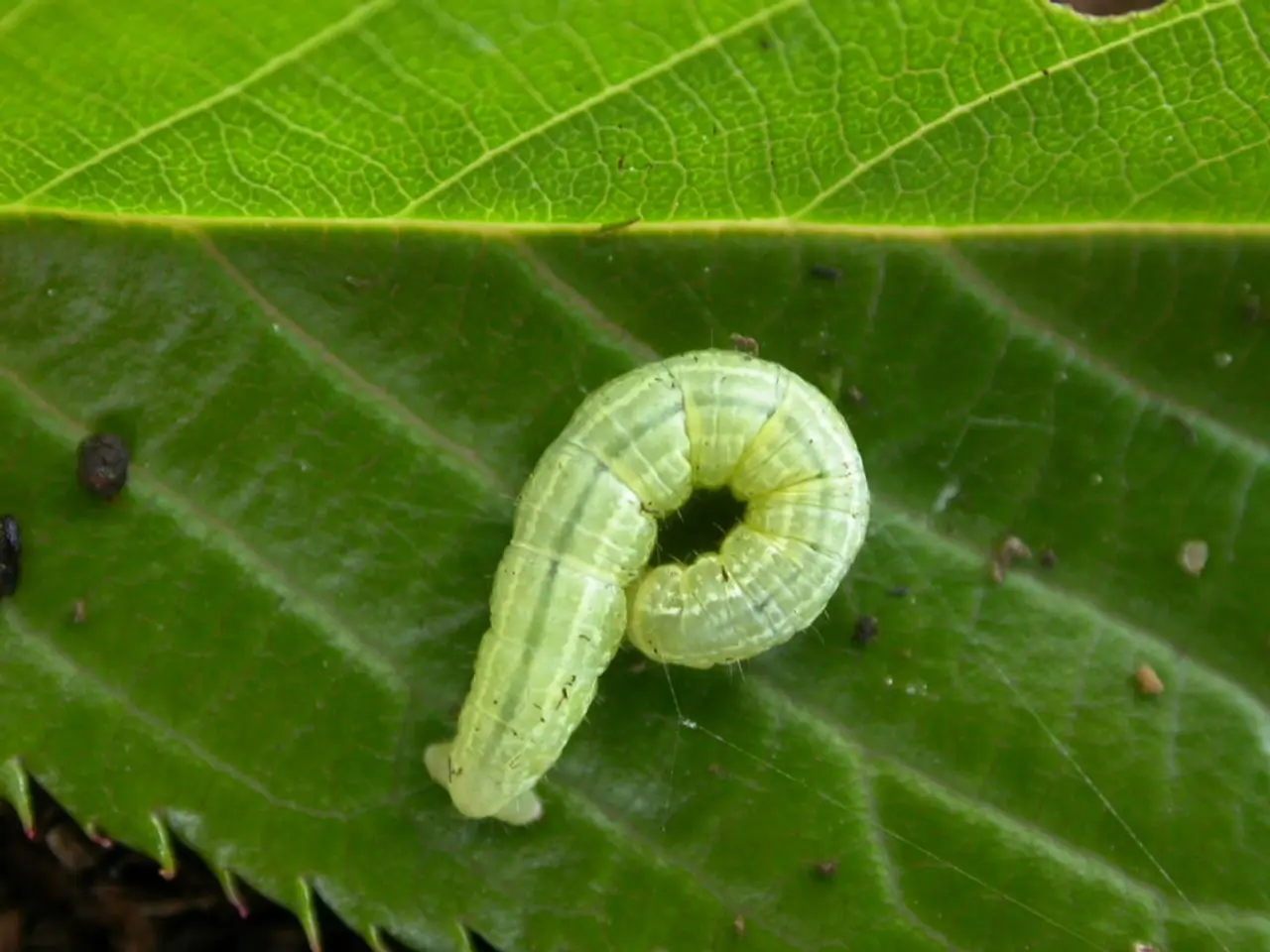U.S. and Central America Battle New World Screwworm Outbreak
Authorities from the U.S. and Central America are battling a New World screwworm (NWS) outbreak, which affects livestock, wildlife, and even people. The U.S. has halted cattle imports from Mexico to prevent the spread of this painful and potentially deadly infestation.
The sterile insect technique (SIT) is being employed to combat the outbreak. Up to 50 million sterile NWS flies are released weekly in Panama to create a barrier and prevent the spread of the disease. Researchers are also working on producing genetically sterilized males for future use.
NWS infestations cause painful, foul-smelling wounds. If left untreated, they can lead to extensive tissue damage and even death. The outbreak is currently affecting Central America and Mexico, with no cases reported in the United States. Both livestock and pets in the outbreak region are at risk, and there have been cases of NWS infestations in people.
The U.S. has taken steps to prevent the reintroduction of NWS into its territory by halting cattle imports from Mexico. The use of the sterile insect technique and ongoing research into genetic sterilization offer hope in the fight against this painful and potentially deadly infestation.
Read also:
- Is it advisable to utilize your personal health insurance in a publicly-funded medical facility?
- Dietary strategies for IBS elimination: Aims and execution methods
- Benefits, suitable dosage, and safety considerations for utilizing pumpkin seed oil in treating an overactive bladder
- Harmful Medical Remedies: A Misguided Approach to Healing






